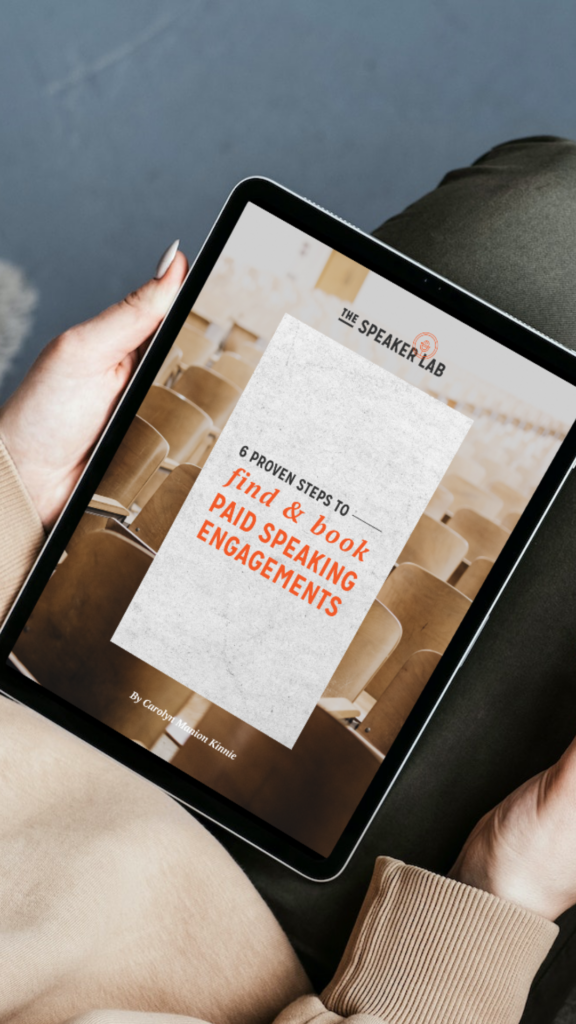Welcome back to the fourth in a five-part series called The Power of The Pipeline! Joining us again is your friend and mine, Mr. Erick Rheam.
If you missed last week’s episode of The Speaker Lab (part III on episode 307), check it out here. You can also hear the first stage of the pipeline on episode 305 and the second stage on episode 306.
This week we are digging into the fourth stage: the proposal stage. Things get real in this step of the process as you’ll find out when you listen in to episode 308 of The Speaker Lab.
THE FINER DETAILS OF THIS SHOW:
- At what stage of the pipeline should you be introducing pricing?
- How many pages should you proposal be?
- Do event planners mind when you follow up?
- What are the six parts of your proposal?
- Where should you include testimonials and how many should you have?
- When should you follow up after sending a proposal?
- What is first right of refusal?
- Is it okay to send a proposal for a talk you haven’t finalized?
- And so much more!


